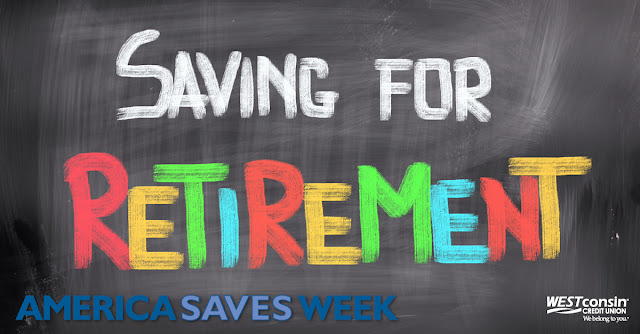Retirement - Getting On Track At Any Age
Written by James Lander
Source:
America Saves
With the average life expectancy 30 years longer today than it was 100 years ago, saving adequate funds to live comfortably through a long retirement has become more challenging.
The path to retirement is filled with unexpected detours, but with persistence, planning, and a pledge to help motivate you to save towards your goals; you can go a long way toward building financial security. It’s never too late to start saving towards retirement.
By setting some realistic goals, creating a plan, and establishing an automatic payroll allotment, you can build a nice little nest egg that can help you live a more comfortable retirement. Regardless of when you start, certain strategies can increase your odds that you'll achieve your retirement goal:
 Do you find yourself wondering how much money you should save for retirement or if you are behind in saving? Unfortunately, there is no one size fits all answer. How much you should save depends on what kind of retirement lifestyle you want to live as well as other factors such as debt load, income streams and retirement goal date. Mary Beth Storjohann, certified financial planner and contributor to U.S. News & World Report shares with us How to Know if You're Saving Enough for Retirement.
Do you find yourself wondering how much money you should save for retirement or if you are behind in saving? Unfortunately, there is no one size fits all answer. How much you should save depends on what kind of retirement lifestyle you want to live as well as other factors such as debt load, income streams and retirement goal date. Mary Beth Storjohann, certified financial planner and contributor to U.S. News & World Report shares with us How to Know if You're Saving Enough for Retirement.








